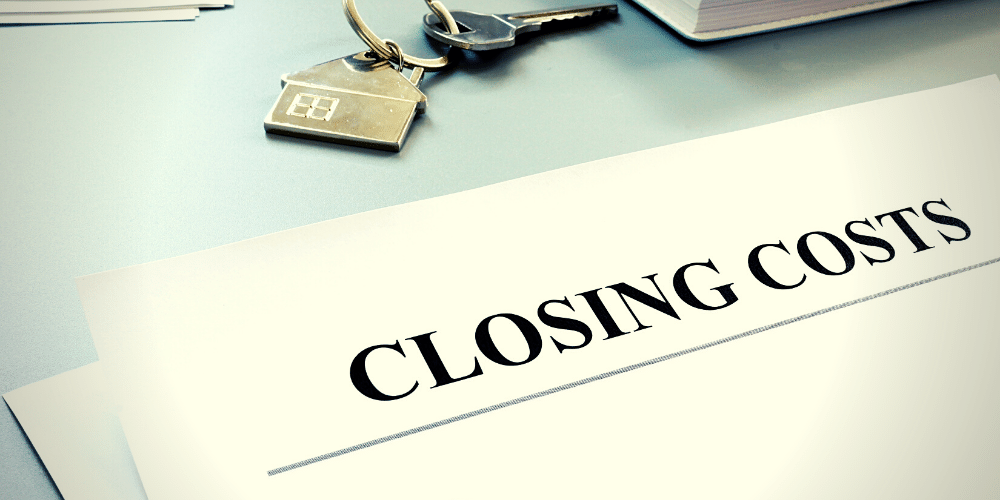Closing is the last step before you get the keys to your new house. Multiple parties are involved in the closing of a real estate transaction between a seller and a buyer. The closing date will vary depending on the state’s practices and sometimes by the county. The majority of those who attend the closing meeting will be:
- The title company or lender will have the closing agent.
- As well as representing the seller and lender, attorneys may be necessary.
- A title representative who arranges title insurance.
- The buyer, the seller, the realtor, and the lender may be present.
The closing agent will make sure that all documents are signed by the buyer and seller and that copies are made. The agent will ensure that all documents are correctly recorded and that payments and fees are distributed.
What is a closing?
A closing fulfills the seller and buyer’s sales contract. Closing also refers to a settlement. It means that all contractual obligations between buyer and seller have been settled.
This includes any compensation you are owed by your lawyer, title company, and realtor. Everyone involved in closing must agree to the legal transfer of ownership.
The process of buying a house is complex and can take between 30-60 days to complete. The closing meeting can be held at your title company or insurance company, or at the office of your realtor. These are the steps you must complete before closing on your home.
How to close on a house with a mortgage
These are the steps that lead up to the closing date:
- Acceptance of purchase agreement
- Optional home inspection for the buyer
- Origination of loans
- Lender home appraisals and credit underwriting
- Loan Approval
- Title and homeowner insurance
- Closing disclosures
1. The seller accepts the purchase contract
The seller must sign the purchase agreement and return it to the realtor. The agreement must include any contingencies and the closing date.
The seller must place any earnest money or “good faith” provided by the buyer into escrow. After the mortgage paperwork has been signed, earnest money can be released from escrow by the seller. Usually, the buyer will use it for their down payment or closing cost.

2. The buyer arranges a home inspection
After the purchase agreement has been signed, you can arrange a professional inspection of your home. The home inspection will look for any defects in the property you are considering buying. If possible, you should attend the inspection.
3. Origination of loans by lenders
The loan origination process will be initiated by your lender. The lender will need you to complete a mortgage application and review the loan estimate. Once the application is completed, notify the lender that you are ready to move forward with the transaction.
Also, you may need to show proof of income and assets, such as pay stubs and W-2s, tax returns, and bank statements. You might also need to supply investment information. A rate lock may be requested.
4. Lender home appraisals and credit underwriting
Your lender will request a home appraisal as part of the review process. This is to ensure that the property you are looking at buying is worthy of mortgage financing. The appraised value of your property is the limit for your loan.
An underwriter reviews your loan application to determine if your loan will be approved. This step may take some time.
5. Approval of a loan
After the underwriting process has ended, you will be notified by your lender that your loan application was approved. Your loan closing won’t be complete until your lender has reviewed the file and verified that nothing has changed since underwriting.
6. Title and homeowner insurance
You will need to show proof of title and homeowners insurance. These costs could be included in your closing costs.
- Homeowners insurance: This covers the costs of rebuilding or repairing your home in case it is damaged or destroyed. Your monthly mortgage payment may include homeowner insurance.
- Title insurance: This is required by your lender to protect the buyer and lender against title problems. If you are buying a home with cash, title insurance is not necessary.
Most lenders require homeowners and title insurance.
7. Closing disclosures
A notice will be sent to you indicating the closing date and time as well as the location of the meeting. A Closing Disclosure will be provided by your lender, which details the final loan terms and costs. A list of all the items you need to bring to closing will be provided by your lender.
This includes your photo identification card, passport, or other identifying information. Also included is a certified check or proof that a wire transfer was made to cover closing costs.
Closing delays
An issue with your appraisal, income, credit, or assets can cause delays in your approval. This could also delay your closing. Late or missing paperwork can also lead to delays.
It is important to verify that all documentation is accurate and that all paperwork has been signed. Usually, your lender will order an appraisal after the purchase contract has been signed.
Meeting on the closing day
Your realtor and you will conduct a final walkthrough about 24-48 hours prior to your formal closing date. You should bring your contract to ensure that nothing has changed or any contingencies have been honored.
If the contract states that the appliances will be left, check to make sure they are still there. Now is the right time to ask any questions you may have about closing. Your realtor can help you get all the information you need.
It’s closing day, congratulations! It will take you approximately 2 hours to read and sign all necessary documents. Don’t sign anything you don’t fully understand or haven’t read. Always ask for clarification.

Closing costs for a house
Closing costs are usually paid by buyers at a rate of 6 percent. These fees include appraisal and title insurance. These costs include your recording, attorney, and loan origination fees.
After and during closing
After all financials have been settled, your closing is complete and you receive the keys to your home. It’s exciting to buy a house. You may even want to begin purchasing items before closing. You should keep in mind that charging more to existing credit or opening a new credit line can reduce your credit score.
Your score can be affected by closing any unutilized credit lines. This will reduce your credit limit. Do not finance the living room set or kitchen appliance packages until you have closed.
Once you’ve got the keys to your new house
After all paperwork has been signed and fees have been paid, your house will be yours. Here are some things you should do:
- First, update your driver’s license address, credit card accounts, human resources documents, and any other document that needs updating.
- Make sure you change all locks and make sure that all gutters are clear. Also, locate all gas valves, water shut-offs, and other important information. Although these may seem obvious, it is easy to forget about them when you are moving.
- Get to know your neighbors and neighborhood. You and your family can establish new roots by connecting with others.
Getting a mortgage is one of the most important financial decisions you will make in your life. It can be complicated and can take time. Your Home Lending Advisor can help you navigate every step of the homebuying process.



